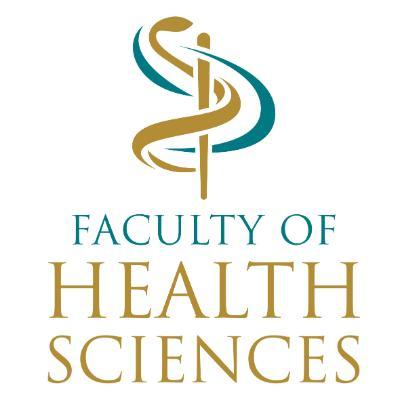Upholding the Human Face of Research
-
Professor Ames Dhai, Director of the Steve Biko Centre for Bioethics, presented her inaugural lecture on 6 September 2017
Professor Ames Dhai, Director of the Steve Biko Centre for Bioethics, presented her inaugural lecture on protectionism for health research participants on the 6th of September 2017.
In health research, protectionism is the notion that human beings should be protected from the risks, harms, and wrongs that could result because of their participation in studies.
During her lecture, Prof Dhai unpacked the evolution of protectionism in health research in South Africa from the 1800’s. She also highlighted the role that Wits had played as a leader in this context. Outlining 3 distinct historical waves categorised as weak, moderate and strong, she described how weak protectionism amounted to researchers relying specifically on their own moral virtues and exercising freedom of choice on participant protections. "The problem with this is that it leaves the researcher with a high degree of control over participant management, a situation that existed as the norm before the middle of the last century and resulted in the many abuses and tragedies in health research. Even researchers with the very best intentions and abundant goodwill towards humanity can, through the zealous pursuit of their good goals be blinded into cutting corners". Moderate protectionism was introduced with the emergence of guidelines and oversight by bodies like RECs and strong protectionism is the inclusion of protectionism in jurisprudence to safeguard participant welfare in law.P
" think that when we consider the evolution of protectionism in our country for the participants of health research, we have been able to in a fundamental way fulfil Steve’s Biko's hopes and aspirations encapsulated in his quote : “In time, we shall be in a position to bestow on South Africa the greatest possible gift – a more human face.”
However, she cautioned that upholding the human face of our research participants is now more critical than ever before."Being swept under the crest is not an alternative that we will be able to live with. Collectively, let’s continue defending our Constitutional promises to our research participants."


